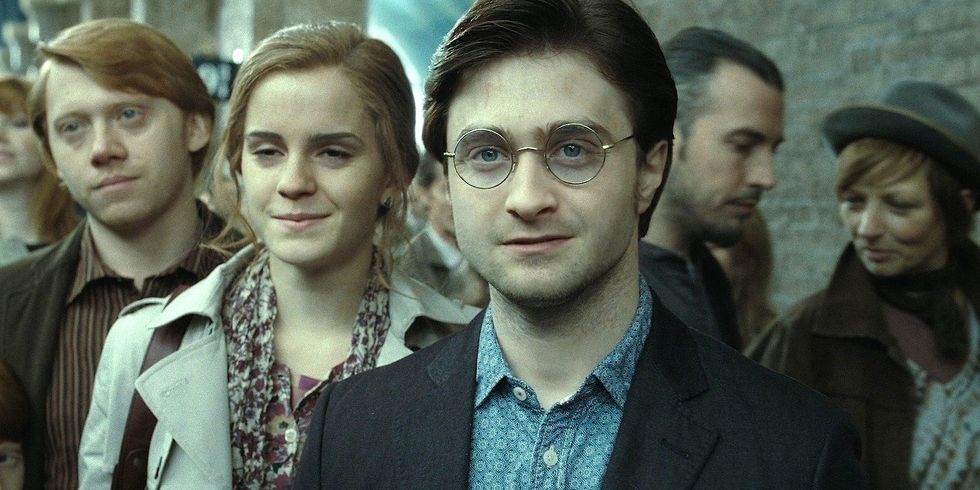The Harry Potter series is a beloved children’s series, whose loveable characters and gripping plot line have captivated both young and old readers. The books have been translated into 68 languages, and the movies have been among the most popular movies of all-time. There have been countless spin-offs, including a play and the Fantastic Beasts movies. Most people are drawn to this series either because they identify with the characters or because the wizarding world seems so enticing. And that’s good, because it’s gotten kids to read, and it’s allowed young people’s imagination to take off, wondering what life would be like if we weren’t Muggles.
But I think the Harry Potter series has a much more important story, one that people don’t tell all that often. This “fantasy” series isn’t really that fantastical - in fact, so many things in this story are symbolic of things that exist in real life, and it teaches some important life lessons.
For starters, there’s the fact that Voldemort is essentially the wizarding world’s Hitler. The Death Eaters are like the Nazis, and the Order of the Phoenix is like the Allied Powers of WWII. Voldemort’s mission to make an entirely pure-blood wizarding society is like Hitler’s goal to create the “master race”.
There’s also rampant racism and classism in the Harry Potter world. This idea of pure-blood wizards as the “master race” is, in essence, racism. Calling muggle-borns “Mudbloods” is an example of this - discriminating against someone because of a factor they can’t control, i.e. their parents or their magical ability, is blatant racism. J.K. Rowling disguises it as merely prejudices in the wizarding world, but in reality, it’s a metaphor for racism, and it gives this beloved book series a whole new level.
But I think the most important depth to this series, and perhaps the most important lesson to be learned from Harry Potter and friends, is that the world isn’t black and white. It isn’t split into good and evil. There’s a gray area there; people don’t have to be 100% good or 100% evil, and you can’t really know a person’s true loyalties until you walk around inside their head - which Harry quite literally did a few times in the Pensieve.
Severus Snape is the perfect example of this. For 90% of the series, we think he’s this horrible, evil Death Eater in disguise, who’s masquerading as a good guy. Only at the end do we find out that he’s actually been protecting Harry this whole time, and that he was in fact a good guy, despite being a Slytherin and seemingly evil. Maybe not all of his actions were noble, but overall he was more a good guy than a bad guy. Snape teaches us that good is a spectrum - those who are more on the good side are called “good” and those who are more on the bad side are called “evil”. Draco Malfoy also teaches us this. He’s considered evil, but not everything he’s done is evil. He couldn’t bring himself to kill Dumbledore because some part of him, a part that he chooses to repress most of the time, is still good. He’s not all evil.
There are countless other examples of this, and I think it’s by far the most important lesson to take out of this wonderful series. Harry Potter has guided me through life thus far, and lessons like this will continue to influence me.
















